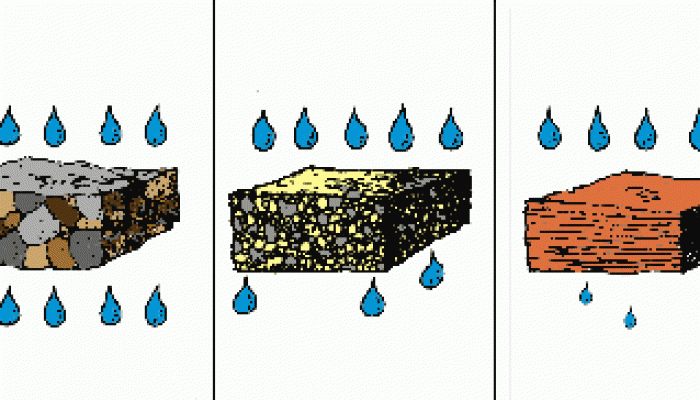 The full blown API conductivity and permeability testing has a lot of drawbacks.
The full blown API conductivity and permeability testing has a lot of drawbacks.
(1) First of all, it’s dang expensive! This is for good reason. Conductivity testing:
* requires very expensive equipment (I’ve looked into building my own, and you’re talking around $250,000 to build)
* the equipment is “low volume” because you can only test a few samples at one time, and the tests take awhile. So, because of supply and demand, the cost is way high
(2) Second, conductivity testing has multiple sources of error, and it’s been rumored that conductivity testing results can vary between labs due to these sources of error, such as:
* differences in the shale samples you sandwich the proppant sample between
* the procedural method for loading the test cells with proppant might not be the best way to do it. I sat on a graduate thesis board, where the student demonstrated a simple way to improve the loading of the test cell and improve the conductivity testing precision
* the compilation of these errors over a long term test can — through no fault of the lab doing the testing! — add up to significant error
(3) Conductivity testing, by nature of its long term procedure, can take quite some time (week or more) to perform, and that doesn’t include your waiting time behind other clients!
So, at Global Energy Labs we are trying something new out in proppant testing.
We have a newly built, special testing apparatus that can test permeability in a column of proppant. Now, this test procedure isn’t a substitute or meant to be a competition to API conductivity testing labs. And, this isn’t done in accordance with API conductivity testing procedures, for instance it is not done under a range of crush stresses.
Our “poor man’s” permeability testing equipment can quickly determine:
* permeability through a column of proppant
* how well a micro proppant can flow liquid through it, over a range of flow rates
* also this permeability testing can be used in other industries, such as for water well packing sand
A colleague of mine that built a similar permeability machine (for their internal research) told me that their results were very similar to API conductivity test results! Now, we haven’t proven that (yet), but he is an excellent engineer and scientist and I trust his results!
And the pricing for our permeability testing is quite affordable, even for peppercorn budgets.
If you would like to hire us and try out our new permeability testing procedure, go here!
Check out our other social media pages!
